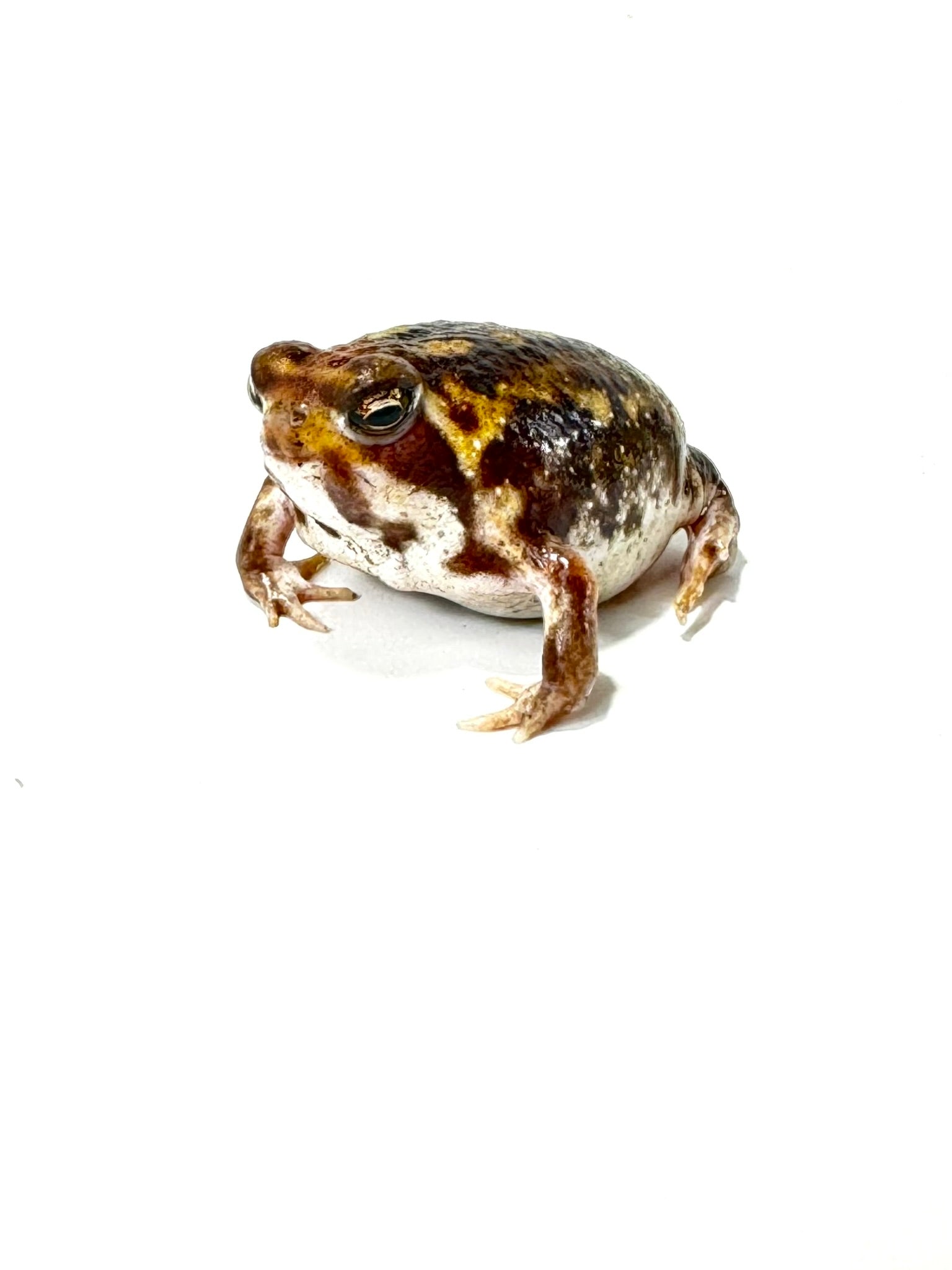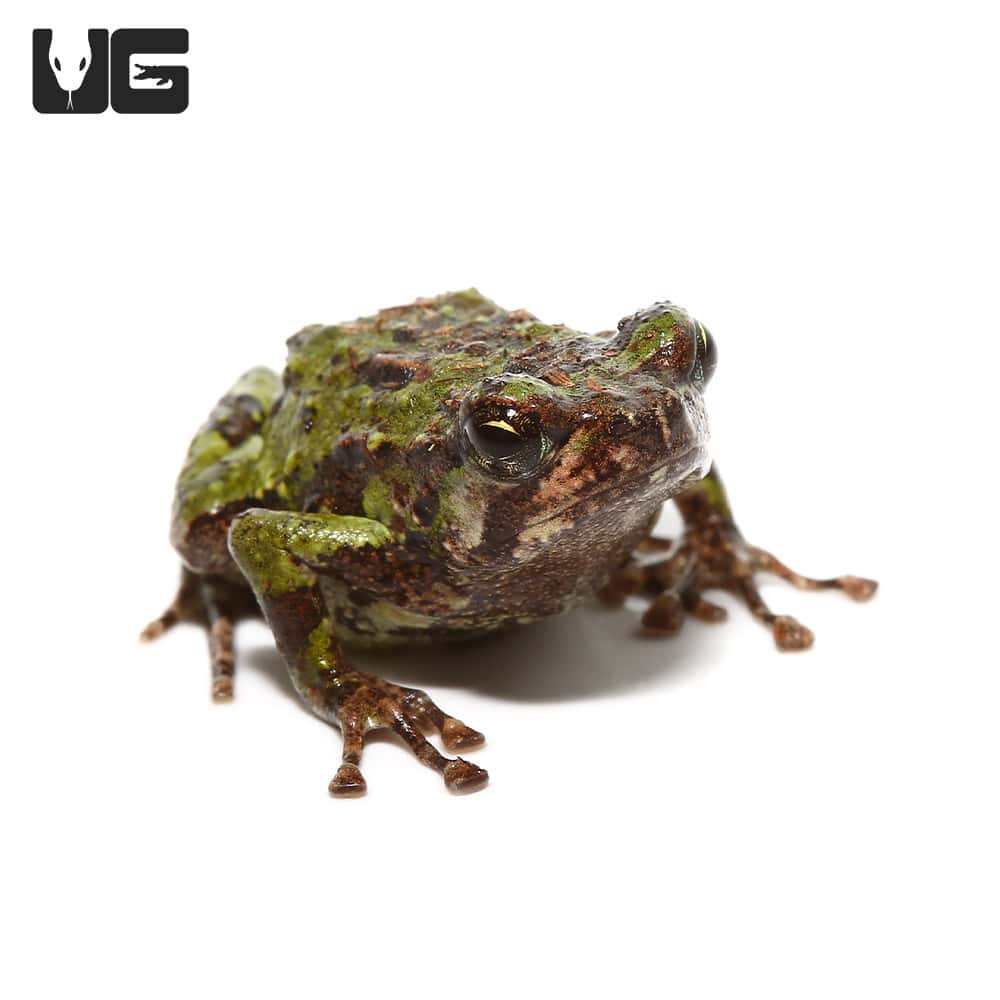Obtain Your Hands on a Rain Frog for Sale: Experience the Delight of One-of-a-kind Pet Ownership!
Obtain Your Hands on a Rain Frog for Sale: Experience the Delight of One-of-a-kind Pet Ownership!
Blog Article
Common Health Issues in Reptiles: Symptoms and Solutions
In the intricate world of reptile care, understanding the usual wellness concerns that might impact these distinct animals is vital in guaranteeing their well-being. From breathing infections that can calmly take hold to metabolic bone diseases that can debilitate, reptiles are susceptible to a variety of conditions that need eager observation and prompt treatment. Whether it's coming to grips with parasitic invasions, navigating dehydration concerns, or resolving skin disorders that materialize in subtle means, being in harmony with the signs and furnished with the knowledge of effective remedies is crucial for any reptile proprietor. By diving even more right into the nuances of these health and wellness issues and exploring the useful treatments available, one can guard the health and wellness and vitality of these remarkable pets.
Respiratory Infections
Breathing infections in reptiles can substantially affect their general wellness and require prompt focus from seasoned vets. In reptiles, respiratory system infections can be especially challenging to identify and treat due to their distinct anatomy and physiology.
Therapy for respiratory infections in reptiles generally involves a mix of supportive treatment, such as preserving proper humidity degrees and temperature gradients in the unit, in addition to targeted drug to attend to the particular virus in charge of the infection. It is vital for reptile owners to monitor their pets very closely for any type of signs of respiratory system distress and look for veterinary treatment at the earliest indication of a concern. With timely treatment and ideal treatment, numerous reptiles can recuperate completely from respiratory infections and return to typical tasks.

Metabolic Bone Condition
What elements add to the growth of Metabolic Bone Illness in reptiles?
Metabolic Bone Disease (MBD) in reptiles is mostly brought on by an absence of appropriate calcium, phosphorus, and vitamin D3 degrees in their diet. When reptiles do not get appropriate calcium, either via their food or appropriate UVB direct exposure for vitamin D3 synthesis, they are at a high threat of developing MBD. Reptiles with diet plans reduced in calcium or imbalanced calcium to phosphorus proportions are specifically at risk. In addition, inadequate exposure to UVB light avoids reptiles from manufacturing vitamin D3, which is important for calcium absorption and bone wellness.
Various other adding factors to MBD include improper temperature level gradients within the reptile's habitat, resulting in reduced metabolism and impaired calcium absorption. Insufficient moisture levels can additionally impact a reptile's ability to metabolize calcium properly. Moreover, specific reptile species have particular nutritional demands that, if not met, can boost the probability of establishing MBD. Normal vet examinations, proper husbandry practices, and a well balanced diet plan are necessary to stop Metabolic Bone Illness in reptiles.
Parasitic Infestations
Parasitical infestations posture a substantial health threat to reptiles, influencing their general well-being and needing prompt vet attention. Reptiles can be influenced by various bloodsuckers, including termites, ticks, internal worms, and protozoa. These bloodsuckers can cause a variety of symptoms, such as weight-loss, sleepiness, skin irritability, diarrhea, and also fatality if left without treatment.
One common parasite located in reptiles is the mite, which can trigger skin irritability, anemia, and tension. Ticks are one more exterior bloodsucker that can transmit diseases and create discomfort to the reptile. Interior bloodsuckers like worms and protozoa can cause digestive problems, lack of nutrition, and weaken the reptile's immune system.
To diagnose a parasitic invasion, a veterinarian may perform fecal tests, skin scrapings, or blood tests. Treatment typically includes deworming drugs, antiparasitic bathrooms, or in extreme cases, hospitalization. Preventative steps such as regular veterinary examinations, appropriate hygiene, and quarantine procedures for new reptiles can aid reduce the danger of parasitic problems and make certain the health of reptile family pets.
Dehydration and Hydration Issues
Dehydration in reptiles can considerably influence their health and wellness and wellness, demanding timely intervention and appropriate hydration management. If left untreated, dehydration can lead to severe health and wellness concerns and even be deadly to the reptile.
To stop dehydration, reptile proprietors ought to ensure that their pets have accessibility to clean water in all times. The water meal must be big sufficient for the reptile to soak in if required, particularly for types that take in water through their skin. Additionally, maintaining proper moisture degrees in the reptile's unit and providing regular baths can help prevent dehydration.
In instances of dehydration, it is vital to seek veterinary care without delay. A veterinarian may carry out fluids either orally or via injections to rehydrate the reptile. It is crucial to address the underlying root cause of dehydration to stop recurrence and guarantee the reptile's overall wellness.
Skin Disorders

Verdict

Breathing infections in reptiles can substantially affect their total health and wellness and require timely attention from knowledgeable vets (rain frog for sale). Preventative procedures such as normal vet exams, appropriate health, and quarantine treatments for brand-new reptiles can help minimize the threat of parasitic invasions and guarantee the well-being of reptile animals
If left neglected, dehydration can lead to serious wellness issues and also be deadly to the reptile.
Frequently inspecting your reptile for any type of changes in skin shade, texture, or appearance can help in early discovery and therapy of skin ailments, promoting the total health and wellness of your flaky companion. - rain frog for sale
In find out final thought, reptiles are vulnerable to various health and wellness concerns such as breathing infections, metabolic bone condition, parasitic infestations, dehydration, and skin conditions.
Report this page